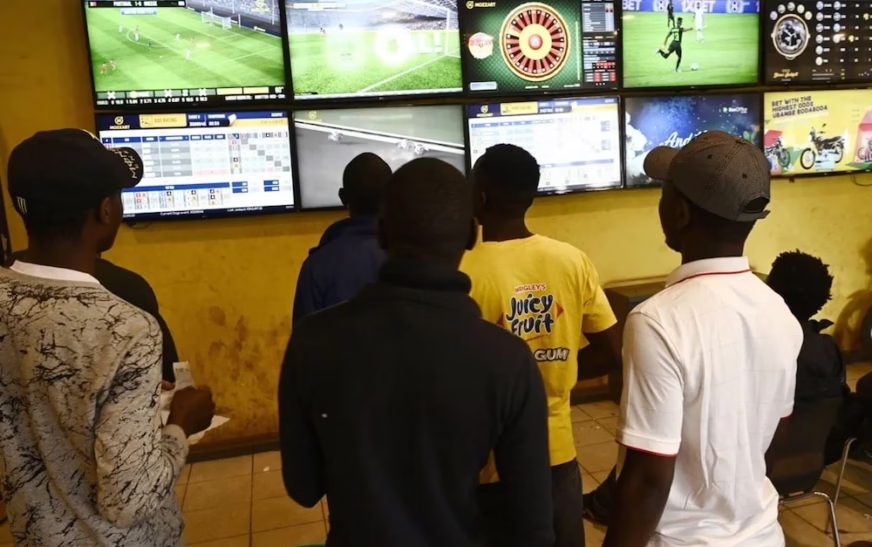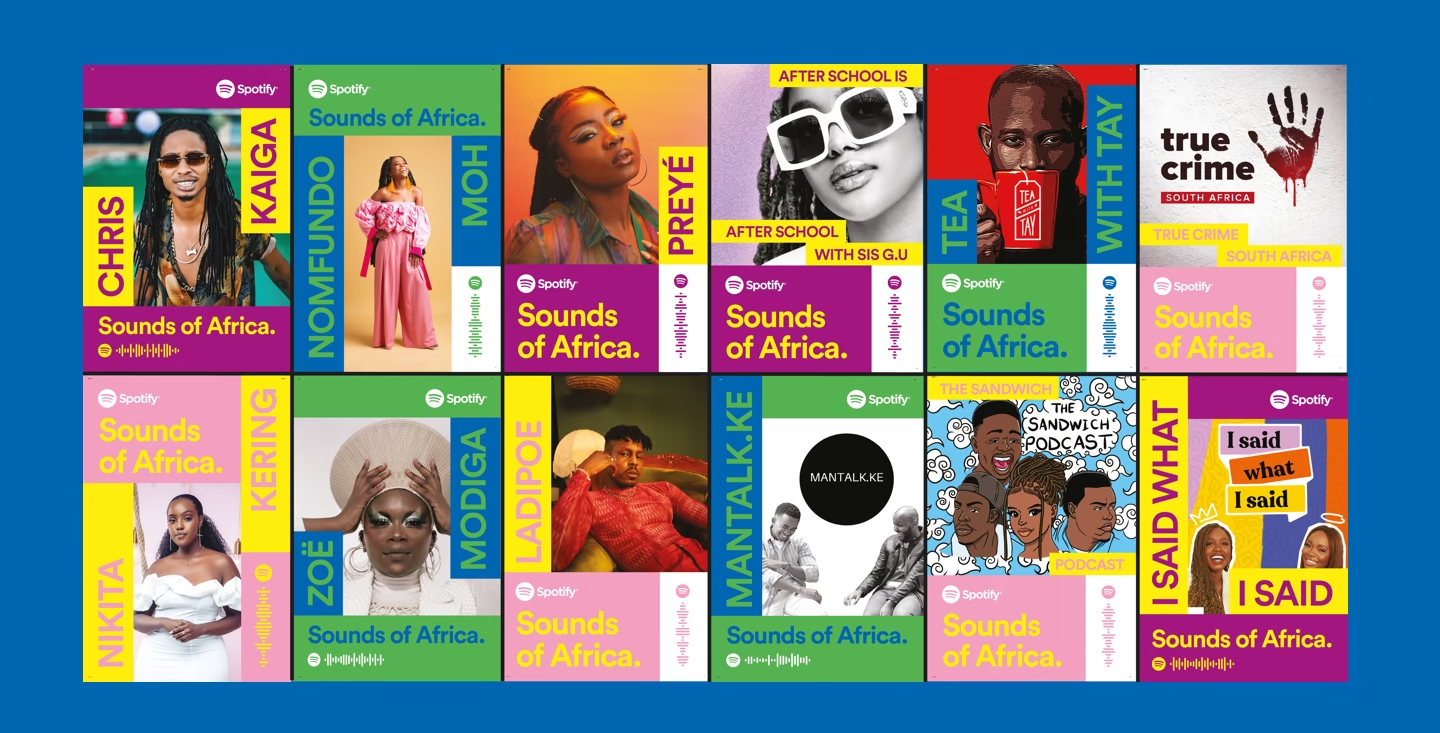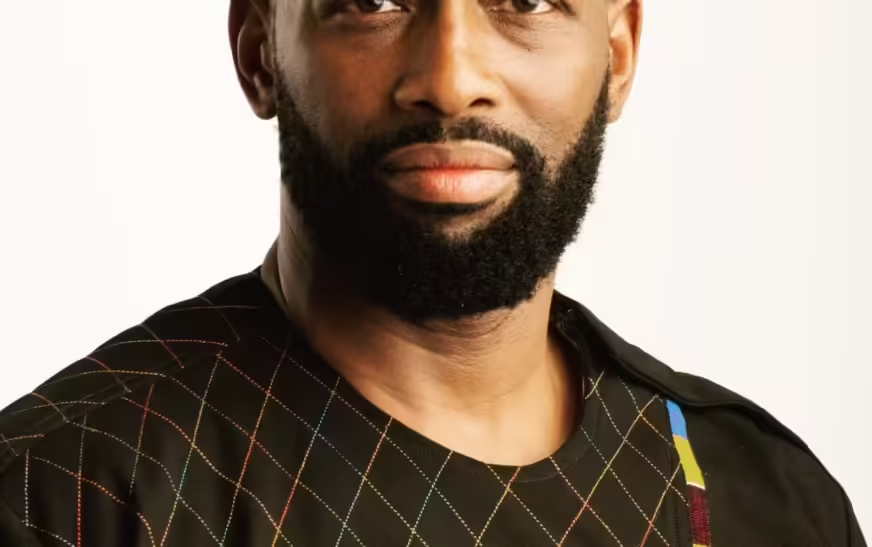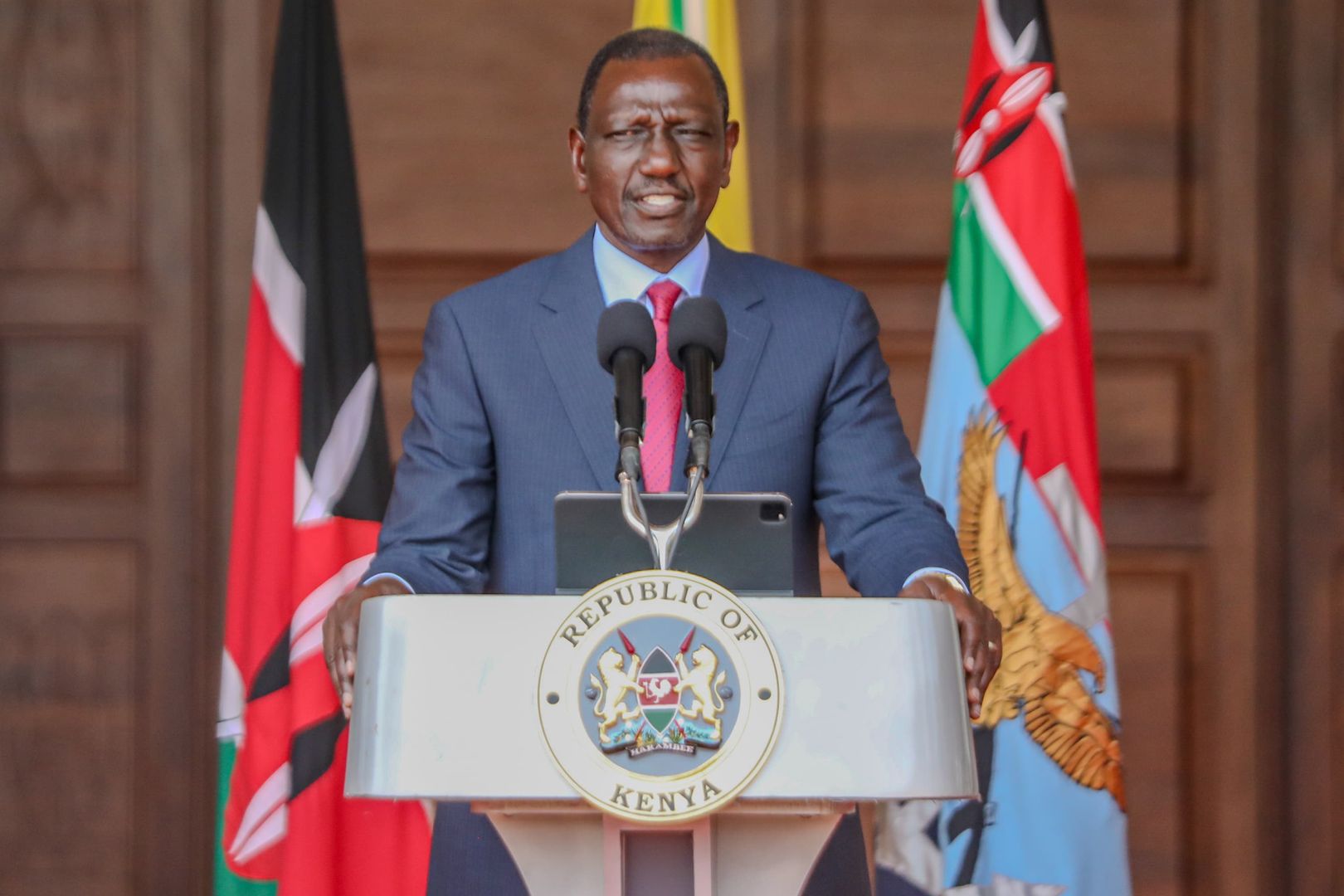In a move that has sent shockwaves through East Africa’s marketing and gambling sectors, Kenya’s Betting Control and Licensing Board (BCLB) has unveiled a landmark set of regulations that ban celebrities, influencers, and content creators from promoting gambling services. While many have applauded the bold step for its public health intentions, others are left questioning the long-term implications—for marketing, for creators, and for Africa’s booming digital economy.
This development isn’t just a local skirmish. It signals a shift in regulatory tone—an awakening. One that suggests African regulators are no longer afraid to take decisive action, even when it impacts powerful industries that contribute significantly to national revenues. It’s a daring move, considering the financial lifeline gambling operators provide through taxes, sponsorships, and ad spend.
A New Regulatory Era
Kenya’s decision follows a 30-day freeze on all gambling ads—a rare pause that allowed regulators to reassess and redesign the rulebook. The outcome? A far more rigorous two-step approval process that requires ads to be cleared by both the BCLB and the Kenya Film Classification Board (KFCB). From now on, gambling ads must include the operator’s license number, visible disclaimers about addiction, age restrictions, and must avoid glamorizing betting in any form.
Perhaps most controversially, the regulations prohibit using any public figures to advertise gambling. This single clause disrupts one of the most effective and lucrative tools used by betting companies across Africa: influencer marketing.
The Cost to Creators and the Ad Ecosystem
For Kenyan celebrities and influencers, this ban slices off a sizable chunk of their income. In recent years, endorsement deals from betting companies became go-to revenue streams for local stars, especially those with massive youth followings. For ad agencies and media buyers, this regulation reshuffles campaign strategies that have long leaned on personality-driven performance.
But while these stakeholders reel from the sudden impact, regulators insist this is about responsibility—not revenue.
Is This the Right Step?
From a public health standpoint, Kenya’s decision is commendable. Studies globally and across the continent continue to show the rising rates of gambling addiction, especially among youth. The blending of fame, instant wealth messaging, and digital access has made gambling dangerously seductive. Removing familiar faces from gambling promotions may reduce that allure.
However, one must ask: What comes next? Will betting operators redirect budgets to under-the-radar marketing tactics? Will underground platforms fill the gap left by regulated operators? Will creators pivot to other controversial categories?
Could Other African Markets Follow?
This is where it gets even more interesting. Countries like Nigeria, Ghana, South Africa, and Uganda all have booming betting markets and a fast-growing influencer economy. While regulatory frameworks exist, enforcement is patchy and often outdated.
Kenya’s boldness may inspire similar reforms—but only if governments are ready to stomach the revenue hit and face pushback from powerful stakeholders.
At the same time, the move opens up opportunities. Regulated markets with clearer standards may attract global tech platforms, fintech partners, and even social impact investors who see value in ethical advertising ecosystems.
A New Playbook for Operators
For betting firms, especially those with continental ambitions, the message is clear: the era of unbridled promotion is over. To thrive in this new landscape, operators must double down on compliance, creative transparency, and community engagement. Those that lean into education, harm reduction, and social responsibility will likely find stronger public support—and more sustainable returns.
Final Thought
The BCLB’s sweeping changes mark a pivotal moment for marketing in Africa. They reflect a new kind of governance—one that’s not afraid to disrupt revenue in service of public good. The question now isn’t just whether Kenya made the right call. It’s whether the rest of Africa is watching—and willing to be just as bold.










